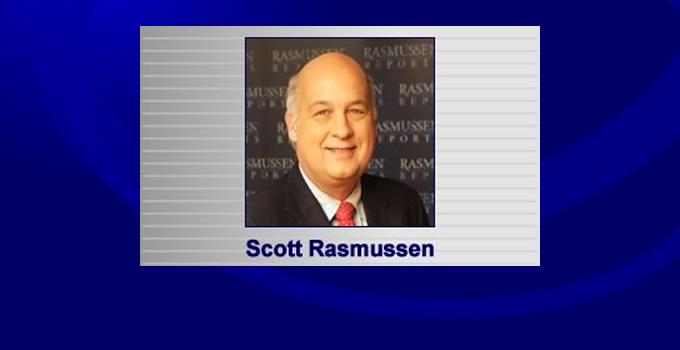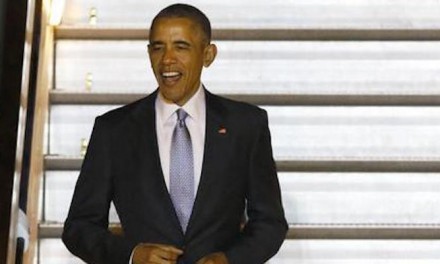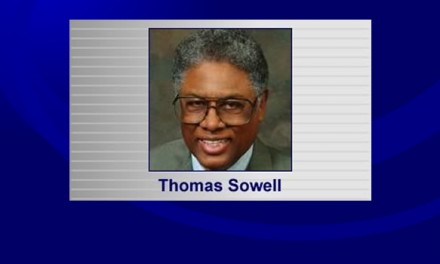It’s comforting for any losing campaign to console itself in the belief that voters didn’t really understand the choice before them. But, it wasn’t “fake news” or messaging problems that led voters to elect Donald Trump as our next president. Whether or not you agree with their decision, it seems that they knew exactly what they were doing.
For example, evangelical voters were told by political elites they should be skeptical of candidate Trump. His lifestyle and values weren’t in line with traditional Christian virtues. That’s absolutely true. But evangelical voters recognized that they weren’t voting for a saint or parish priest. They also recognized the other candidate didn’t share their views. Most importantly, perhaps, they recognized that Judeo-Christian history is littered with examples of people who don’t share their faith advancing the cause of their faith.
So, many evangelical leaders focused on what the job of the next president would be and singled out the importance of Supreme Court nominations. Among many Christians, there was a fear that Hillary Clinton would appoint justices likely to erode America’s longstanding commitment to religious freedom. Many faith-based voters thus made the logical conclusion that Trump would better serve their interests. The president-elect will soon announce his first Supreme Court nominee and indications are that these voters were correct.
In other words, the political elites tried to mislead evangelical voters by getting them to focus on the personality of the man rather than the job he was seeking. There’s no doubt that most evangelicals would have rather voted for a man or woman who shared their views. But they didn’t have that option. They also understood that appointing Supreme Court Justices who could protect religious liberty was more important. As a result, 80 percent of evangelicals voted for Trump, just 16 percent for Clinton.
The same impact could be seen on immigration. Political elites from both parties have been dismissing public concerns about illegal immigration for decades. Many Trump voters don’t support his promise to build a complete wall along the Mexican border. But by making that a symbol of his views on illegal immigration, he clearly conveyed his rejection of the political class views on the subject. Voters who consider illegal immigration an important issue have not had a champion in official Washington. Now they do. And among those who considered it the most important issue of the campaign, Trump won by a 64 percent to 33 percent margin.
And, of course, the president-elect capitalized on the political gift that keeps on giving for Republicans — Obamacare. Voters correctly understood that a Clinton presidency would be more likely to expand that unpopular law than fix it. Support for President Obama’s signature law was always more tepid than the opposition. It’s important to recognize that this issue did more than just put a Republican president in the White House. It gave him a majority to work with in both the U.S. House and Senate. It gave him and the Republican Party more power in state government than they’ve had since the 1920s.
In short, the election of Donald Trump as president came about because voters understood the issues and what was at stake.
To find out more about Scott Rasmussen and to read features by other Creators Syndicate writers and cartoonists, visit the Creators Syndicate Web page at www.creators.com.
COPYRIGHT 2016 CREATORS.COM



















Recent Comments